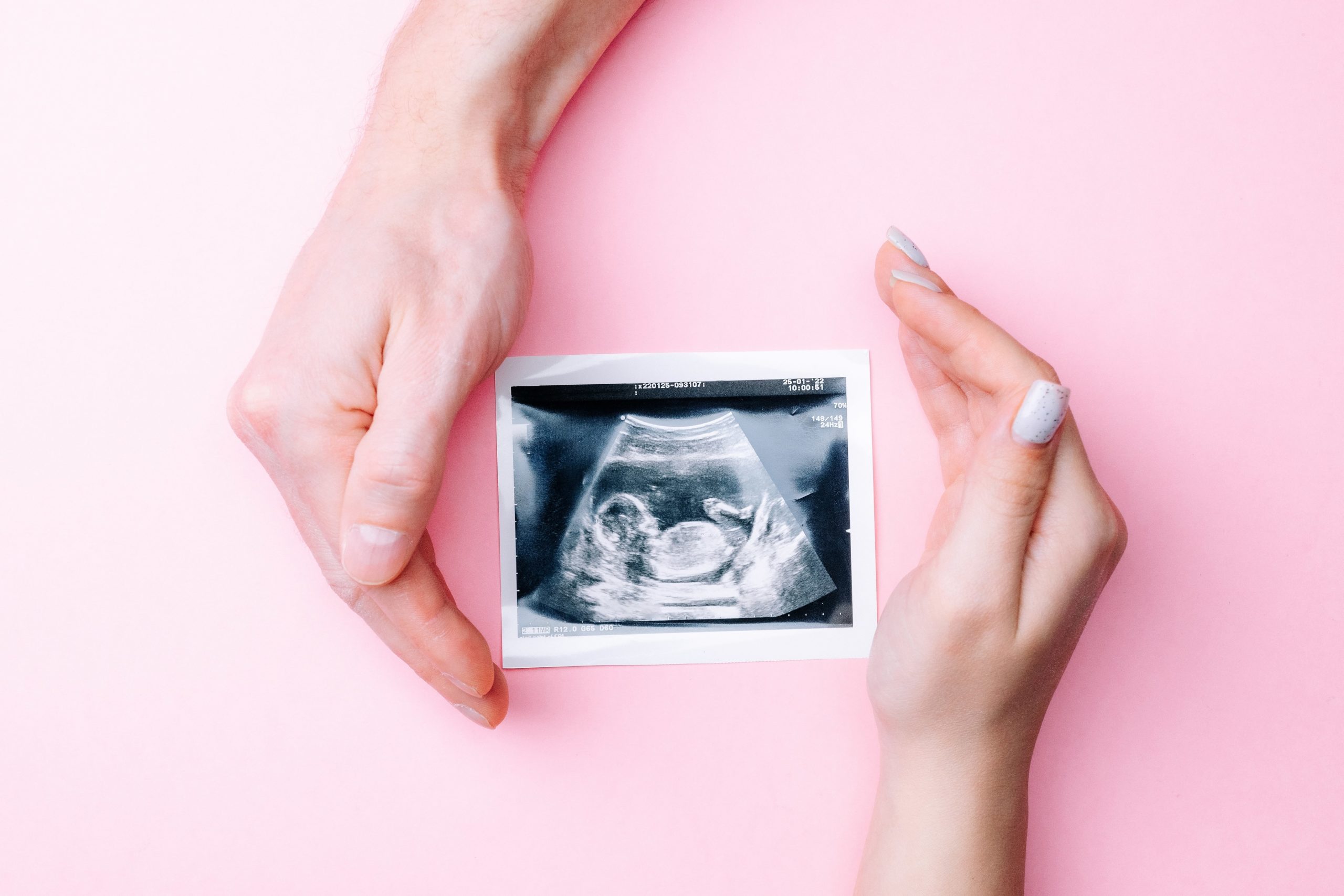Gestational diabetes involves poor maternal regulation of blood sugar and can cause potential health problems for both the mother and the baby. Prevention is better than cure. Treatment involves making healthy choices. Women who adapt to changes in food habits and exercise regimen can keep their blood sugar level in check.
It is said that around 5% of pregnant women are diagnosed with gestational diabetes. Divide your calorie intake into roughly 45% carbohydrates, 25% protein, and 30% fats. The constant change of hormones can mess with your body big time! Untreated gestational diabetes can cause your baby to gain weight too quickly, which increases the risk of premature delivery.
Regular Exercise Regimen
Moderate exercise during
pregnancy helps your body control your blood sugar level. Ensure you work out 30 mins a day. You may also notice that you feel better and have more energy.
Slack The Sugar
We know you don't want to hear this one, especially if you have a sweet tooth. Limit the sugar content you eat. Be aware of the sugars in fruits and starchy foods with high glycemic index like potatoes and white bread. Every time your sugar is high, your pancreas goes into overdrive, trying to make enough insulin. Guess what it's doing to your baby's pancreas? The same thing. Avoid the sports drinks, canned juices, sodas and artificial sweeteners as well. If you crave sweets, opt for a small amount of something natural like fruit or sweet corn.
Plenty Of Protein
Women should get not more than 20% of their calories from protein. Meat, milk and dairy products, soybeans, legumes, nuts, and eggs are good sources.
The Friendly Fibers
Since our body takes longer to digest high fiber foods, it has plenty of time to deal with the sugars in those foods. So pairing a carb with a protein still gives the calories, without the extra carbs. That prevents harmful blood sugar spikes. Good sources of fiber include whole grains, leafy green vegetables like lettuce and broccoli, and beans.
Cut the Carbohydrates
When you digest carbohydrates, they quickly turn into simple sugars (glucose), often raising your blood sugar before your body has enough time to produce sufficient insulin to regulate the situation. Avoid any packaged foods, processed foods or restaurant foods. Include foods such as whole grain bread or an apple with the skin on. Include milk, brown rice, quinoa, peas, yogurt, beans, beetroot, sprouts and carrots.
Fats Off The Rack
Indulge in unsaturated fats like nuts, avocados, olive oil and fish. Keep the amount of saturated fats (animal fats) to 7% of your calorie intake. Obese women have a higher risk for high blood pressure and a blood circulation problem called preeclampsia. Monitor you glucose level closely every day.
Insulin Shots
If your blood sugar levels are still too high after changing the way you eat and exercising regularly, you may need insulin shots. Insulin can help lower your blood sugar level without harming your baby.
P.S Don't quit
The lifestyle changes you make now will help you have a
healthy pregnancy and prevent diabetes in the future.



















No comment yet, add your voice below!